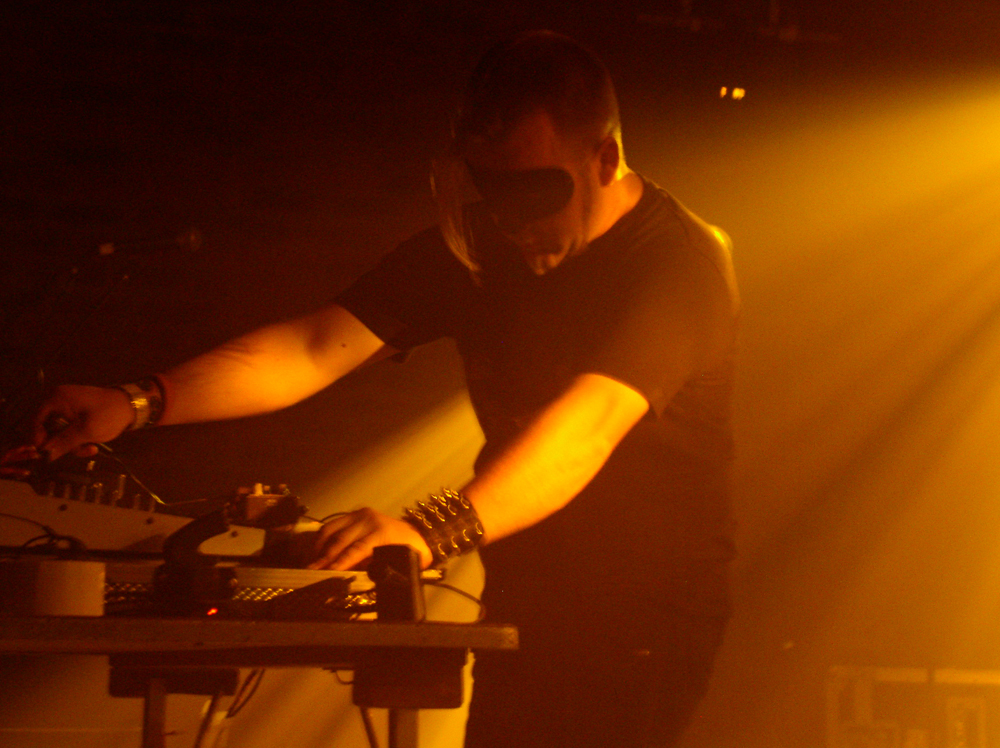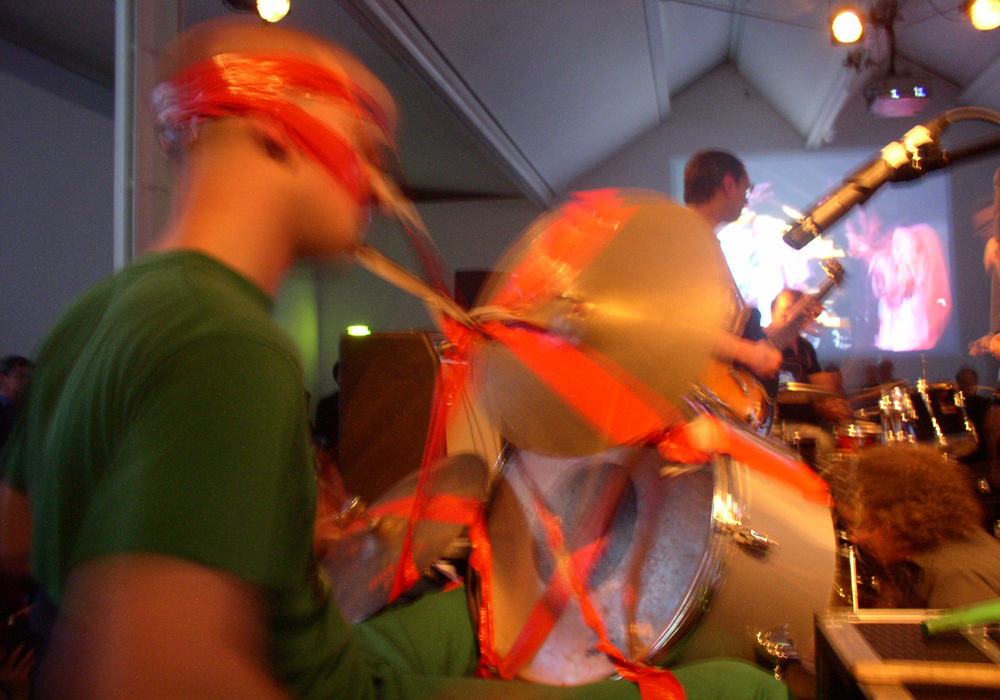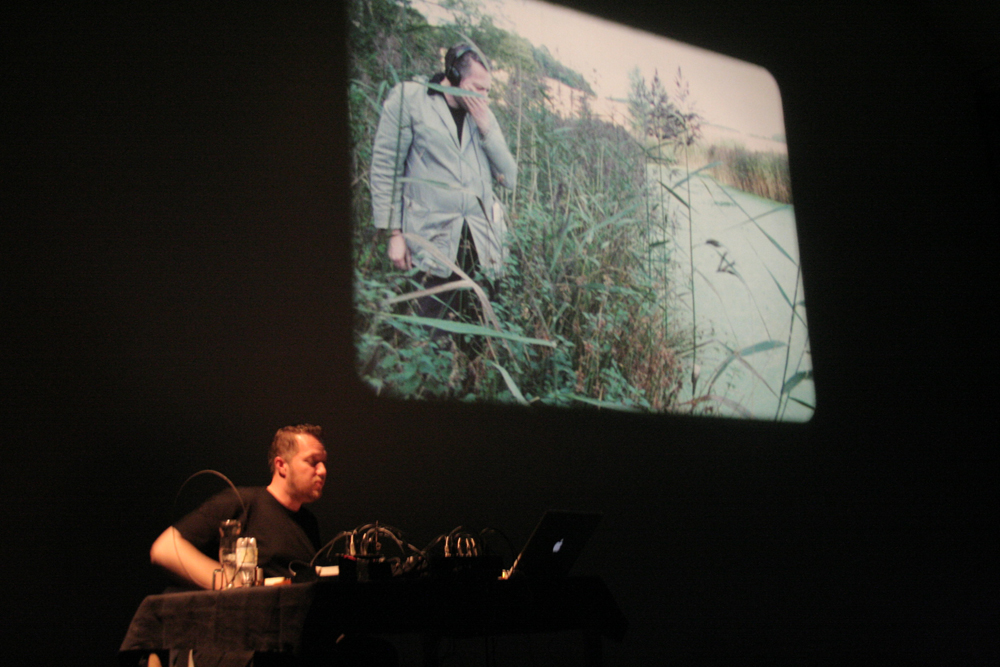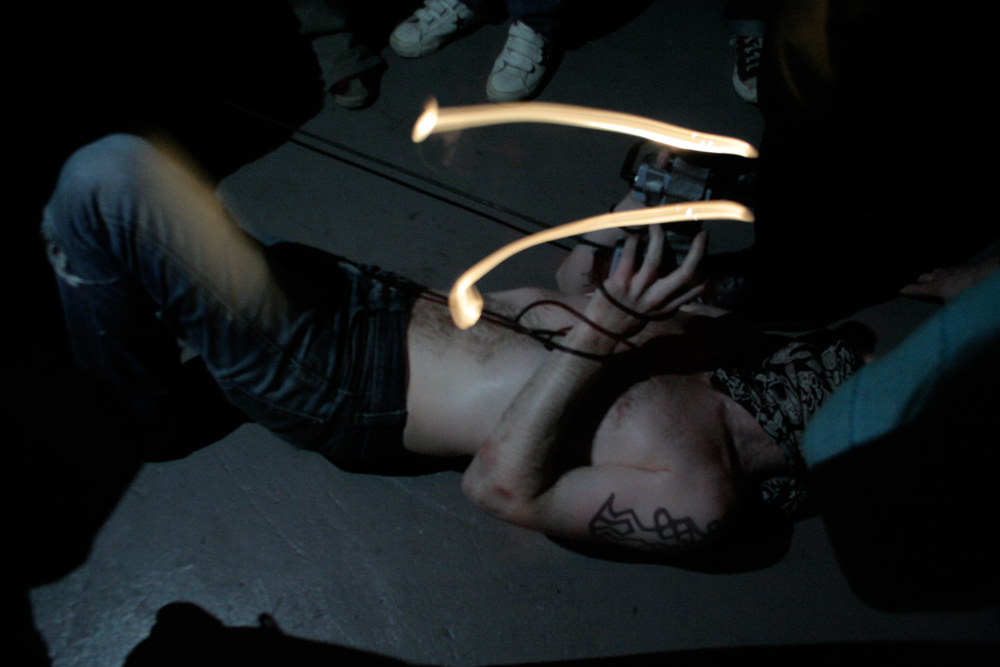
Four Endings to Begin
Masa Nazzal River MacAskill Hannah Proctor Gracie Mae Bradley Joel White
Four perspectives from people involved in different anti-capitalist and anti-racist struggles, considering how ideas of ‘ending’ have shaped their political thinking and praxis.












